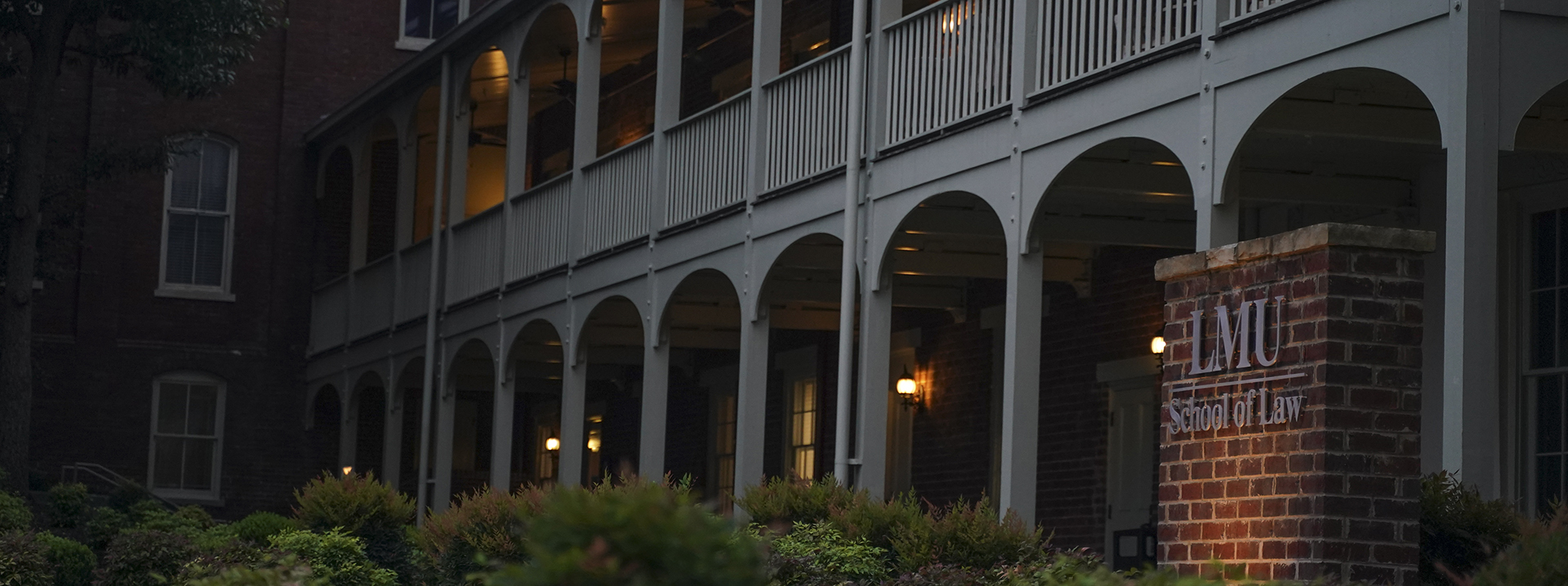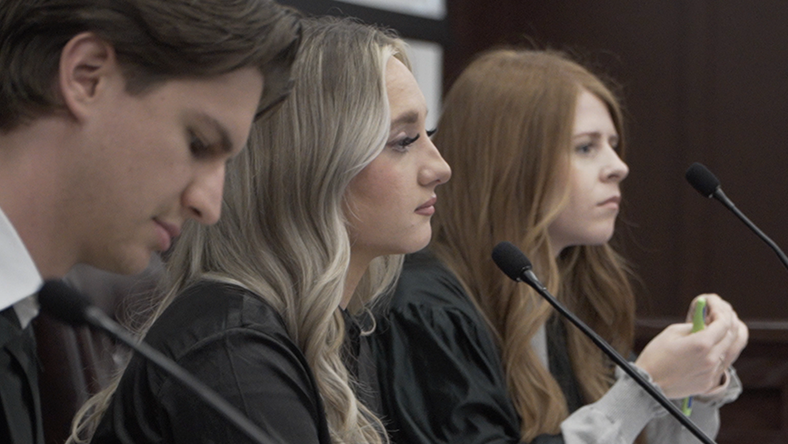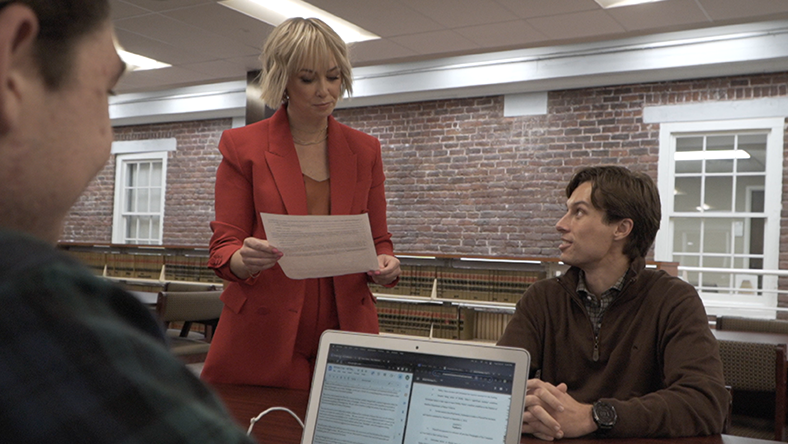For more video content about the LMU Duncan School of Law,
visit our Video Viewbook hosted by StudentBridge.

At LMU Law, our focus on producing practice-ready graduates means that we prioritize opportunities for students to get hands-on lawyering experiences both in and outside of the classroom. The hallmark of Experiential Learning at LMU Law is our robust Externship program, which allows students to obtain course credit for doing field work in their second and/or third year. Field placements include judicial chambers in a variety of courts, prosecutor and public defender’s offices around the region, legal services organizations, and private law firms of all sizes and practice areas, with the aim of matching students to sites according to their interests and career ambitions.
In addition, our full-time and adjunct faculty members come to the classroom with extensive practice experience, which they use to teach numerous courses that simulate lawyering experiences, such as Trial Advocacy, Mediation, Interviewing and Counseling, Tennessee Courts Practice, and Domestic Relations Drafting. Each year, many students also compete in intramural and intermural mock trial and moot court competitions.



What is a Simulation Course?
These courses “simulate” the experiences of lawyers through the use of hypothetical fact patterns and fictional clients, with the focus of practicing specific lawyering skills. Course enrollment is low to facilitate opportunities for performance, meaningful feedback, and self-evaluation.
What types of Simulation Courses are available?
At LMU Law, our simulation courses are designed to immerse students in realistic legal scenarios, enhancing their skills and preparing them for successful careers in the legal profession. Below is a list of some of the simulation courses currently available. For a comprehensive list of all our courses, please consult the student handbook.
What is an Externship?
Externships are also called Field Placements, and they are a lot like an internship. The main differences between an internship and a law school externship are:
How do I get an Externship?
Each semester, the LMU Law Director of Experiential Learning works with students interested in doing an externship to either find a site placement that matches a student’s interests, skills, and abilities, or to approve a new site placement that a student has secured and requested.
What types of Externships are available?
Our Externship Program allows students to do field placements at a variety of sites, both private and public, including: prosecutor offices; public defender offices; judicial chambers; local, state, and federal agencies; legal services and advocacy organizations; private law firms of all sizes, including solo practitioners.
Curricular Clinical Experiences
Non-Curricular Clinical Experiences
Co-Curricular Experiential Programs
